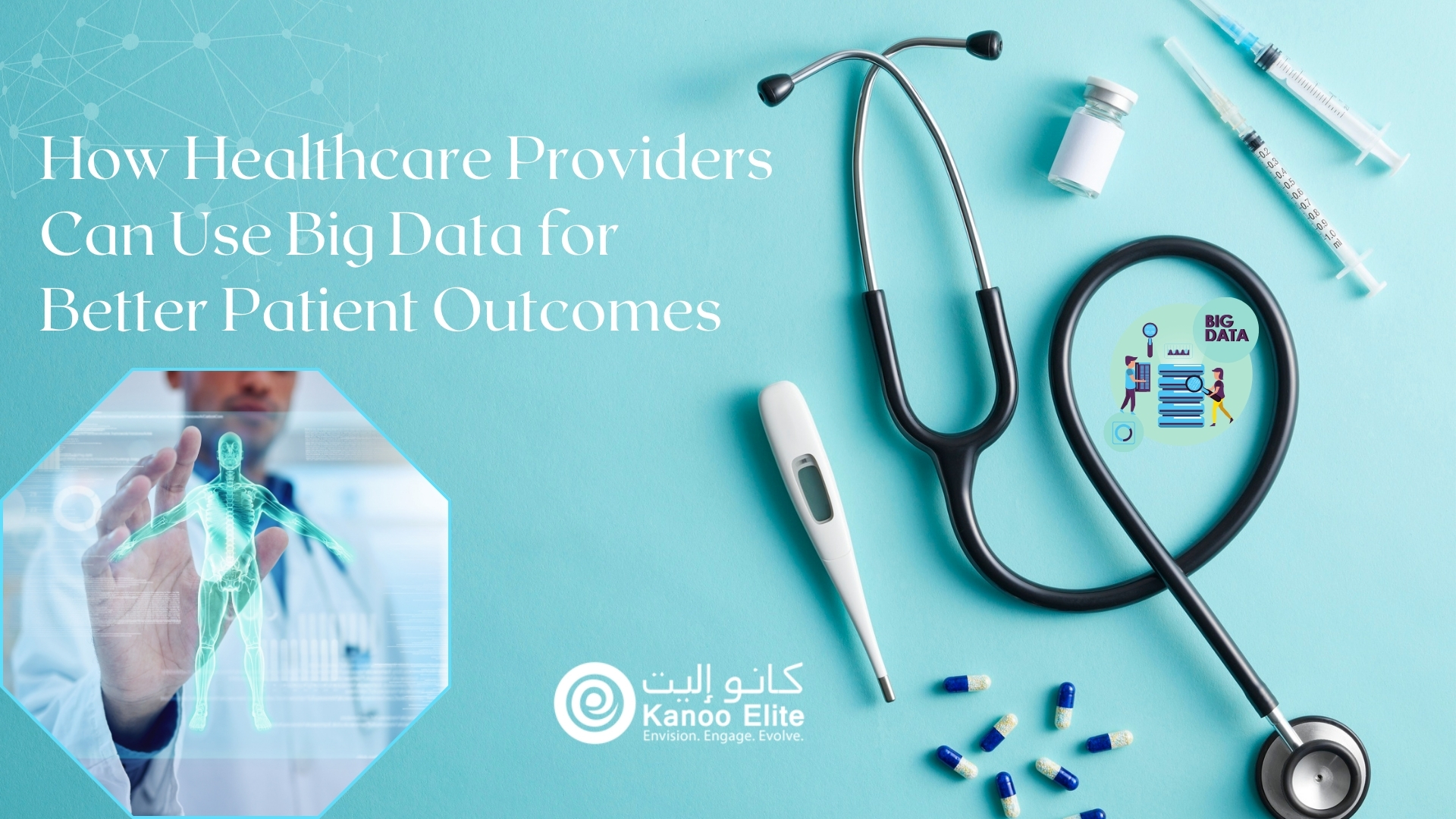In today’s rapidly evolving healthcare landscape, big data is transforming the way healthcare providers deliver patient care. The integration of vast amounts of data from electronic health records (EHRs), wearable devices, genomics, and various healthcare systems has the potential to enhance diagnostic accuracy, optimize treatment plans, and improve overall patient outcomes. By leveraging big data, healthcare providers can identify trends, personalize care, and predict health risks more effectively.
Understanding Big Data in Healthcare
Big data in healthcare refers to the enormous volume of structured and unstructured health information collected from multiple sources. These sources include patient records, imaging data, laboratory results, social determinants of health, and even real-time data from wearable fitness trackers. The goal is to analyze this data to gain actionable insights that can improve decision-making and patient care.
The four primary characteristics of big data—often referred to as the four Vs—are:
- Volume: Large amounts of health-related data generated every second.
- Velocity: The rapid speed at which new data is created and processed.
- Variety: Different types of data, such as numerical, textual, and multimedia formats.
- Veracity: The reliability and accuracy of the collected data.
By utilizing advanced data analytics, machine learning, and artificial intelligence (AI), healthcare providers can turn this raw data into meaningful insights.
Enhancing Disease Prevention and Early Detection
One of the most significant ways big data improves patient outcomes is by enabling disease prevention and early detection. Predictive analytics can identify patterns and risk factors associated with specific diseases, allowing healthcare professionals to intervene proactively.
For example, AI-driven models can analyze patient history and genetic information to assess the likelihood of developing conditions such as diabetes or cardiovascular diseases. Early detection leads to timely intervention, reducing the severity of diseases and improving survival rates.
Moreover, big data enables epidemiological surveillance by tracking disease outbreaks in real time. Public health organizations use data analytics to monitor infectious disease spread, predict future outbreaks, and allocate resources effectively.
Personalized Treatment Plans
Every patient is unique, and big data enables personalized medicine by tailoring treatments to an individual’s genetic makeup, lifestyle, and medical history. With the rise of precision medicine, healthcare providers can develop customized treatment strategies that improve efficacy and minimize side effects.
For instance, oncology specialists use genomic data to determine the most effective cancer therapies based on a patient’s tumor characteristics. Similarly, pharmacogenomics—analyzing how genes affect a person’s response to drugs—helps doctors prescribe medications that are more likely to be effective for a specific patient.
Improving Clinical Decision-Making
Big data analytics support evidence-based clinical decision-making by providing real-time insights. AI-powered decision support systems help doctors diagnose diseases more accurately and recommend the best treatment options based on extensive datasets.
For example, AI algorithms can analyze radiology images to detect abnormalities such as tumors, fractures, or lung infections with high accuracy. These tools assist radiologists in making quicker and more accurate diagnoses, reducing human error and improving patient care.
Additionally, EHRs integrated with big data analytics can alert healthcare providers to potential drug interactions, allergies, or contraindications, enhancing patient safety.
Optimizing Hospital Operations and Reducing Costs
Beyond direct patient care, big data also helps healthcare organizations streamline operations and reduce costs. Predictive analytics can forecast patient admission rates, helping hospitals allocate staff and resources efficiently. By analyzing past trends, hospitals can anticipate surges in patient visits and optimize bed occupancy rates.
Moreover, big data-driven supply chain management ensures that medical supplies and medications are stocked efficiently, reducing waste and preventing shortages. This not only enhances patient care but also reduces unnecessary expenditures.
Enhancing Remote Patient Monitoring and Telemedicine
The rise of wearable health devices and telemedicine has generated massive amounts of real-time patient data. Big data analytics allow healthcare providers to monitor patients remotely, detecting health issues before they become severe.
For example, wearable devices can track vital signs such as heart rate, oxygen levels, and blood pressure. AI algorithms analyze this data to detect irregular patterns, alerting healthcare providers to potential health risks before symptoms escalate. This is especially valuable for managing chronic conditions such as hypertension and diabetes.
Telemedicine platforms also leverage big data to provide personalized virtual care. AI-driven chatbots and diagnostic tools assist physicians in assessing symptoms, recommending treatments, and improving patient engagement.
Challenges and Ethical Considerations
While big data presents numerous benefits, it also comes with challenges, including data privacy concerns, security risks, and interoperability issues. Healthcare organizations must comply with regulations such as the Health Insurance Portability and Accountability Act (HIPAA) to ensure patient data remains confidential and secure.
Additionally, integrating data from various sources requires standardized formats and interoperability between healthcare systems. Without seamless data sharing, the full potential of big data cannot be realized.
Bias in AI algorithms is another concern, as inaccurate or incomplete data can lead to disparities in healthcare outcomes. Ensuring diversity in data collection and refining algorithms to eliminate bias is crucial for equitable healthcare.
Conclusion
Big data is revolutionizing healthcare by enabling early disease detection, personalized treatments, improved clinical decision-making, and optimized hospital operations. By harnessing the power of data analytics and AI, healthcare providers can enhance patient outcomes and deliver more efficient, cost-effective, and proactive care.
As technology continues to evolve, the integration of big data in healthcare will become even more sophisticated, leading to groundbreaking advancements in medical research, diagnostics, and treatment. However, healthcare organizations must also address challenges related to data privacy, security, and bias to ensure that big data is used responsibly and ethically.
In the coming years, the adoption of big data-driven healthcare solutions will not only improve patient outcomes but also pave the way for a more connected and intelligent healthcare ecosystem.



